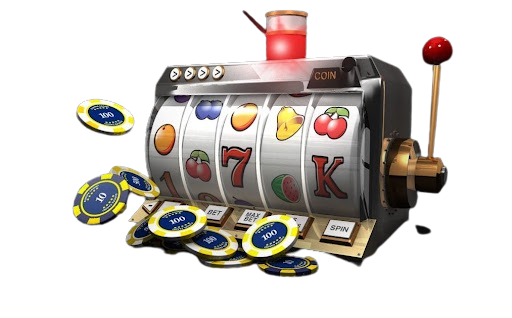Introduction:
Games have been an integral part of human culture for centuries, providing entertainment, challenge, and social interaction across various platforms. From ancient board games like Senet to modern video games like Fortnite, the world of gaming has evolved significantly, reflecting advancements in technology, changes in societal norms, and shifts in cultural preferences. In this article, we embark on a journey through the diverse landscape of games, exploring their history, impact, and the ever-expanding realms they offer.
The Evolution of Gaming:
The history of gaming dates back thousands of years, with evidence of early board games found in archaeological excavations around the world. Games like Chess, Go, and Mancala have endured through the ages, captivating players with their strategic depth and timeless appeal. The invention of playing cards in China during the Tang dynasty further enriched the gaming landscape, paving the way for games like Poker and Bridge.
The 20th century witnessed a revolution in gaming with the rise of tabletop ASTONSLOT games, such as Monopoly, Scrabble, and Dungeons & Dragons. These games fostered social interaction and creativity, bringing friends and families together around the table for hours of fun and camaraderie.
The Digital Age:
The advent of computers and video game consoles in the latter half of the 20th century ushered in a new era of gaming. Pong, released in 1972, is often credited as the first commercially successful video game, laying the foundation for an industry that would grow exponentially in the decades to come. From the pixelated charm of arcade classics like Pac-Man and Space Invaders to the immersive worlds of contemporary masterpieces like The Legend of Zelda: Breath of the Wild and The Witcher 3: Wild Hunt, video games have become a dominant form of entertainment, captivating players of all ages around the globe.
The Rise of Esports:
In recent years, the emergence of esports has propelled gaming into the realm of professional sports. Competitive gaming tournaments fill arenas with passionate fans, and top players compete for fame and fortune in games like League of Legends, Dota 2, and Counter-Strike: Global Offensive. Esports organizations, sponsors, and advertisers have invested heavily in this burgeoning industry, transforming it into a multibillion-dollar phenomenon with a global audience.
Beyond Entertainment:
While gaming is primarily associated with entertainment, its influence extends far beyond mere diversion. Educational games are increasingly used as tools for learning, helping students develop critical thinking, problem-solving, and collaboration skills in engaging ways. Games like MinecraftEdu and Kerbal Space Program have found their way into classrooms, making learning fun and interactive.
Moreover, games have been instrumental in advancing scientific research and innovation. Citizen science projects, such as Foldit and EyeWire, harness the collective problem-solving abilities of gamers to tackle complex scientific challenges, from protein folding to mapping neural networks.
Conclusion:
From ancient pastimes to cutting-edge virtual realities, games continue to captivate, inspire, and connect people across the globe. Whether on a tabletop or a screen, games offer a gateway to imagination, creativity, and exploration. As technology evolves and society changes, the world of games will undoubtedly continue to evolve, providing new experiences and opportunities for generations to come. So, let’s roll the dice, press start, and embark on another adventure in the vast and ever-expanding world of games.…

